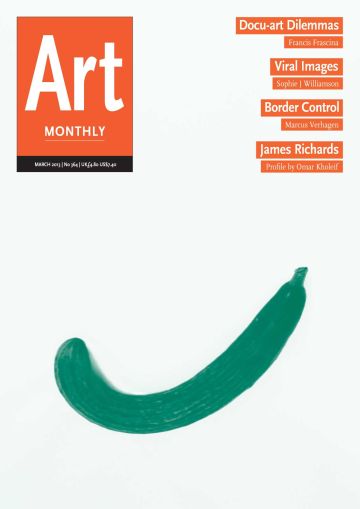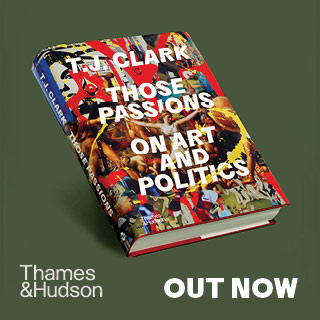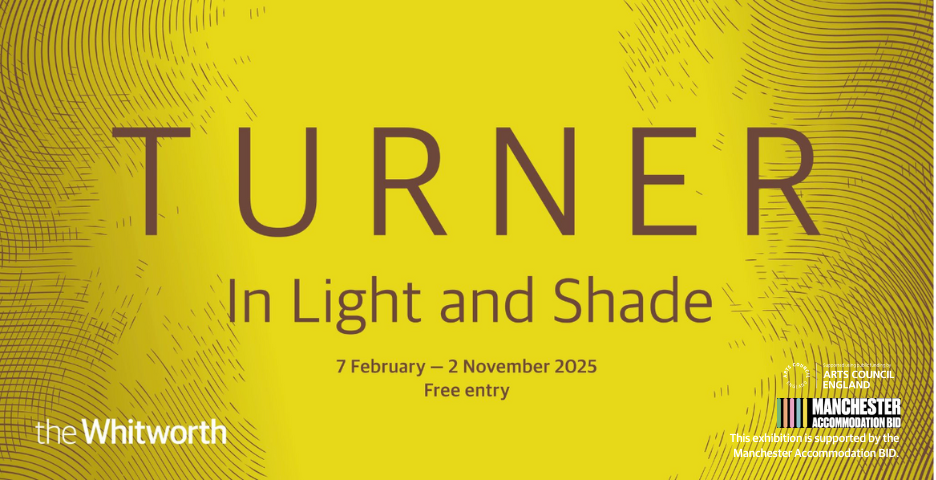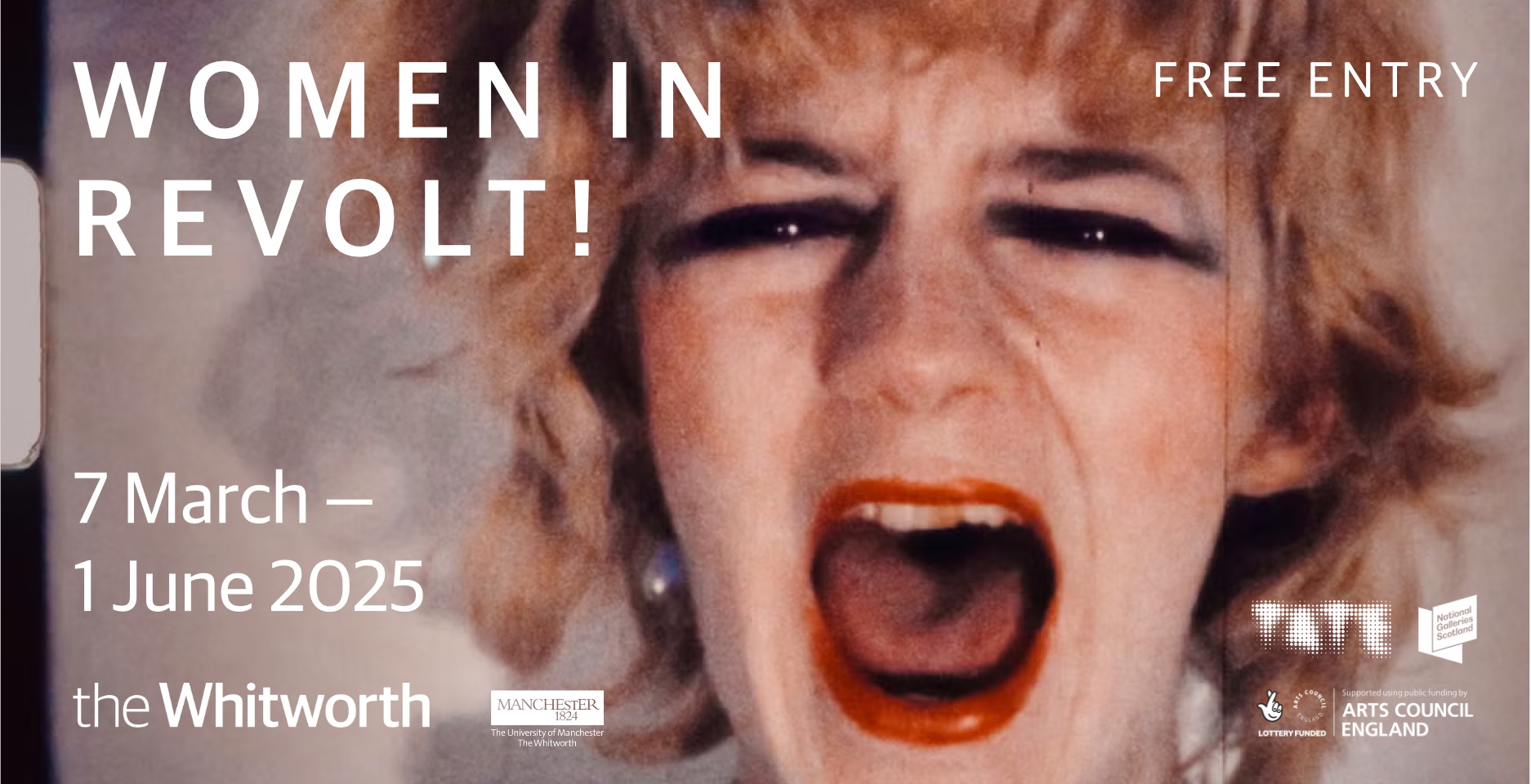Art Monthly 364
March 2013
Docu-art Dilemmas
Francis Frascina
Viral Images
Sophie J Williamson
Border Control
Marcus Verhagen
James Richards
Profile by Omar Kholeif
Buy Now – select:
Want to read this right now?
Get instant access to the entire back catalogue via Exact Editions from only £8.99!
Contents
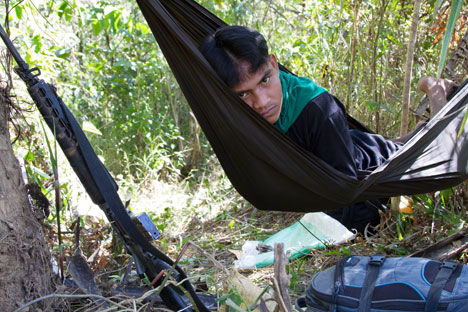
Mark Boulos Comrade Teteng II 2010
Feature
Docu-art Dilemmas
Francis Frascina on schisms, 'splitting' and contradictions in documentary art
When Renzo Martens criticised the work of Mark Boulos in an interview with Artur Zmijewski, the work of all three video artists was thrown into relief. Martens argued that Boulos's work was not self-critical concerning its own position within the global art market, but don't each of these artists in their own way question the ethics of docu-art itself?
'Each artist has to rely on their own ethical monitoring and face the dilemmas of representation when such care is trampled by acts of state power.'
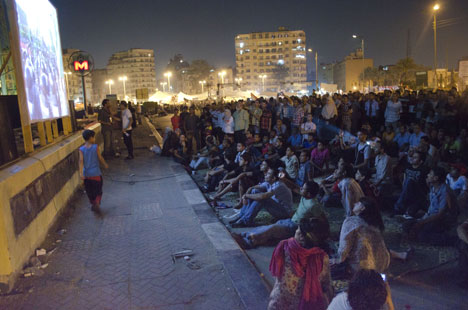
Mosireen Collective's Tahrir Cinema
Feature
Viral Images
Sophie J Williamson on the case of Khaled Mohamed Saeed
Following Khaled Mohamed Saeed's death at the hands of Egyptian police officers, his family's decision to release a striking montage of photographs showing him before and after death catalysed mass protests and ultimately revolution. Does the subsequent proliferation of poster images through protestors' networks highlight the urgent power of the image when embedded within grassroots movements?
'The viral image is outside the scope of the law so it facilitates the construction of anonymous global networks and a shared history that political institutions are incapable of regulating.'
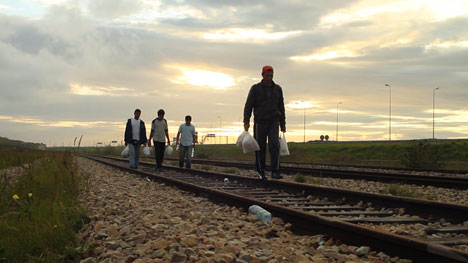
Nikolaj Bendix Skyum Larsen Promised Land 2011
Feature
Border Control
Marcus Verhagen on the contradictions inherent in globalisation
As the promise of globalisation is undone by ever-stricter border controls, how do artists such as Ursula Biemann, Mircea Cantor, Felix Gonzalez-Torres, Amar Kanwar, Nikolaj Bendix Skyum Larsen and Barthélémy Toguo reveal this contradiction through their work?
'The absurdist overtones serve as a phantasmal means of dislocating the logic and workings of border control, but they also work mimetically, reflecting the arbitrariness of a system of global migration and exchange in which rights are underwritten by nationality.'
Comment
Editorial
Ebacc Down
The coalition government has backed down on its despised anti-arts Ebacc education proposals, but it is still determined to push through its reforms to the curriculum with the result that future schoolchildren are more likely to learn about anti-art from Dadaists than from politicians:
'As for the art and design curriculum, there is an insistence on the equivalent of the three "Rs" – drawing, painting and sculpture – in primary school education, while in secondary school pupils "should learn about movements such as Impressionism and Dadaism".'
Break Down
Does Westminster City Council's vindictive decision to axe its entire arts funding, a cut that only saves 0.0004% of its annual budget, pave the way for other councils to target local arts organisations for ideological rather than economic reasons?
'If local councils continue to abandon their responsibilities to the arts, all the lottery money spent on building prestigious regional museums, theatres and arts centres to boost cultural and civic life outside London will be wasted.'
Artnotes
ACE hands out a budget cut to all of its National Portfolio arts organisations, regardless of their size; arts budgets come under attack at local councils in Newcastle, Westminster, Moray and Newport; national museums shed staff in a wave of redundancies; US 'soft-power' funding props up exhibitions at flagship London galleries; ACE announces £73m of funding for numerous capital projects; Haunch of Venison gallery closes while a range of other galleries move, open and close; Henry Moore's work outside Parliament is finally being restored; all the latest news on appointments, events, prizes and more.
Obituary
Richard Artschwager 1923-2013
Submissions: Send Artnotes info to artnotes@artmonthly.co.uk
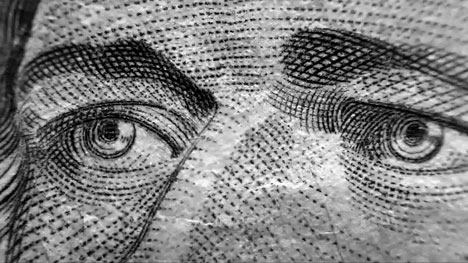
James Richards Rose Bud 2012
Profile
James Richards
Omar Kholeif on the London-based video artist
The eclectic British artist James Richards produces video and sculpture, curates film programmes and composes music. This variety feeds into his video works in particular, which subject diverse imagery to intense scrutiny and jam the wheels of the media's rapid cultural production.
'The artist's approach creates a visceral landscape constructed purely out of textures. Indeed, Richards professes that his concern with enlarging and subsequently abstracting surfaces is partly a desire literally to unpeel the layers of skin that comprise an image.'
Reviews
Exhibitions
Caught in the Crossfire: Artistic Responses to Conflict, Peace and Reconciliation
Herbert Art Gallery, Coventry
Martin Herbert
Michael Smith: Fountain
Hales Gallery, London
Curt Riegelnegg
Raymond Pettibon: Human Wave
Space Studios, London
Larne Abse Gogarty
Piero Gilardi: Collaborative Effects
Nottingham Contemporary
Giulia Smith
Taking Matters Into Our Own Hands
Karsten Schubert, London
Richard Saltoun, London
Maria Walsh
Body I Am
Alison Jacques Gallery, London
Cherry Smyth
Becky Beasley: Spring Rain
Spike Island, Bristol
Laura McLean-Ferris
Silvia Bächli/Eric Hattan: What About Sunday?
MK Gallery, Milton Keynes
Andrew Bick
Michael Joaquin Grey: Orange between orange and Orange
Carroll / Fletcher, London
David Barrett
London Round-up
MOT • Herald Street • Chisenhale
Jennifer Thatcher
Reviews
Books
Judith Butler: Parting Ways
Ariella Azoulay: Civil Imagination
John Douglas Millar on two critical explorations of Israeli cultural theory
'In order to explore what is clearly an emotional and personal topic for her, Judith Butler engages in a series of meditations on and engagements with Jewish philosophers (Walter Benjamin, Emanuel Levinas, Hannah Arendt) and Palestinian intellectuals such as Edward Said and the great poet of the Palestinian people, Mahmoud Darwish.'
Report
Letter from the M4
Office of Experiments
Michael Hampton goes on a 'Critical Excursion' day-trip
'After a brief stop for refreshments at motorway services, the itinerary took us into winding lanes, chocolate box Berkshire providing scenic camouflage for the Atomic Weapons Establishment at Burghfield.'
Artlaw
Contracts
Creative Collaborators: Authors or Assistants?
Henry Lydiate asks who made what
'People hired as employees (with duties ranging from making tea, sweeping the studio floor, answering phones, sourcing and fabricating materials, developing ideas and/or executing them) may be legally regarded as joint authors (independent contractors or partners) unless there is a written contract of employment clearly specifying otherwise.'
Listings
Exhibitions
Exhibition listings
Art Monthly's exhibition listings can also be viewed online.

